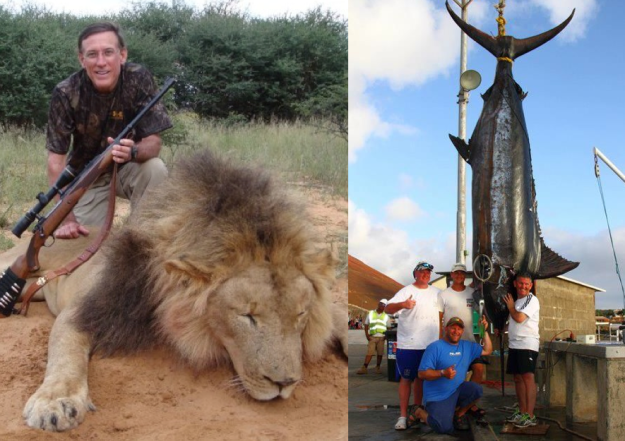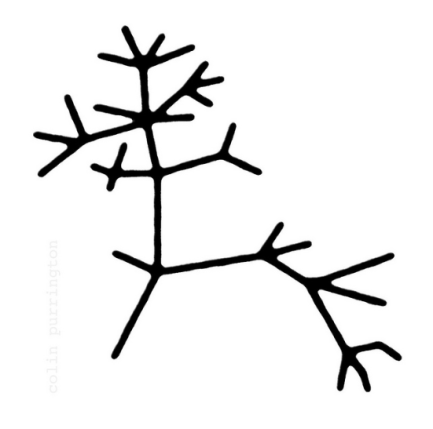Climate change is making headlines today, after President Obama spoke directly on the subject yesterday in his 2nd inaugural address:
“We, the people, still believe that our obligations as Americans are not just to ourselves, but to all posterity. We will respond to the threat of climate change, knowing that the failure to do so would betray our children and future generations.
Some may still deny the overwhelming judgment of science, but none can avoid the devastating impact of raging fires, and crippling drought, and more powerful storms. The path towards sustainable energy sources will be long and sometimes difficult. But American cannot resist this transition. We must lead it.
We cannot cede to other nations the technology that will power new jobs and new industries. We must claim its promise. That’s how we will maintain our economic vitality and our national treasure, our forests and waterways, our crop lands and snow capped peaks. That is how we will preserve our planet, commanded to our care by God. That’s what will lend meaning to the creed our fathers once declared.”
– Barack Obama
Stirring words, and yet I was quite surprised to hear them. Not only because the topic of climate change was nearly absent during the recent election cycle, but also because the latest Draft Climate Assessment Report, what will eventually be the official government stance on the subject, was released at 4:30PM on a Friday, the time-slot reserved for low-priority federal news. What does the report say? In short, we’re all screwed: climate change is real, it’s already happening [by the way, did you hear that 2012 was the hottest year on record in the US?], and we are not doing nearly enough to slow it down.
Also in the news today is
Dr. Paul Ehrlich, author of
The Population Bomb, and proponent of the rather unpopular opinion that, frankly, there’s too many of us already and
no one has the right to have as many babies as they might want. Dr. Ehrlich’s latest paper, recently published in the
Proceedings of the Royal Society presents the hypothesis that, just as many historical civilizations have collapsed in the past, a similar fate is destined for our current, global civilization, and the main cause will be self-made climate disruption. So even if the world’s human population eventually levels off around 9 billion, and according to Dr. Hans Rosling,
this is entirely possible, even this might be too many humans for one fragile earth.



